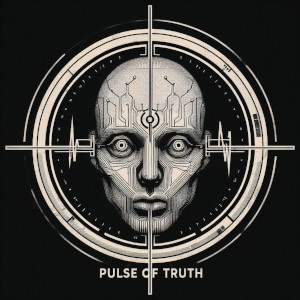<p><img alt="Why Apple added protection against quantum computing when quantum computing doesn’t even exist yet" src="https://blog.talosintelligence.com/content/images/2024/02/threat-source-newsletter-4.jpg" width="" height=""></p><p>Apple released a new update for nearly all its devices that provides an all-new type of encryption for its iMessages to the point that, in theory, iMessages are now protected against attacks from quantum computers. </p><p>This is a little tricky because, as we’ve covered before, <a href="https://blog.talosintelligence.com/on-radar-is-2022-year-encryption-is/" target="_blank" rel="noopener">quantum computers don’t exist yet</a>, and we don’t really know when they might. </p><p>Apple’s newest encryption technology, <a href="https://www.wired.com/story/apple-pq3-post-quantum-encryption/" target="_blank" rel="noopener">called PQ3</a>, now secures iMessages with end-to-end encryption that is quantum-resistant. Signal, the secure messaging app of choice for many, launched quantum-resistant encryption for its service in September with its protocol called <a href="https://arstechnica.com/security/2023/09/signal-preps-its-encryption-engine-for-the-quantum-doomsday-inevitability/2/" target="_blank" rel="noopener">PQXDH</a>. </p><p><a href="https://security.apple.com/blog/imessage-pq3/" target="_blank" rel="noopener">In a blog post</a>, Apple called this update the “most significant cryptographic security[...]



I don’t get why this is a question people have. Should Apple have waited to include quantum-secure encryption until after they’re already able to crack messages? Of course they’re going to release stronger encryption knowing it will be needed in the future.